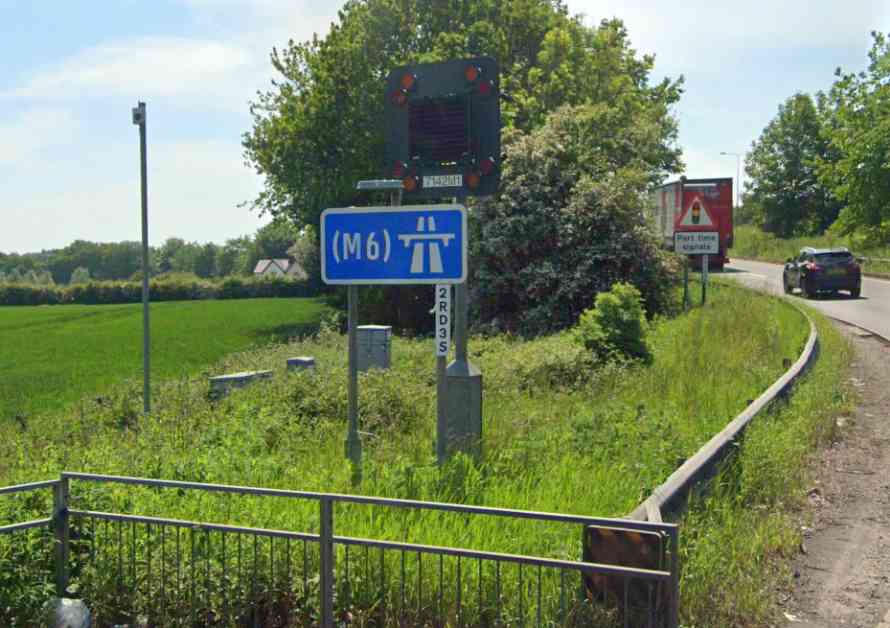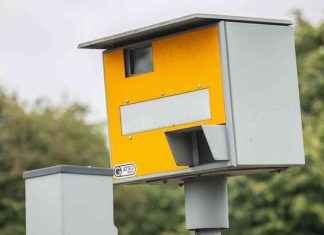Three fire crews quickly responded to a vehicle fire on the M6 in Warrington. The incident occurred on the northbound carriageway between junction 21 and junction 21A. Fire engines from Lymm, Warrington, and Birchwood were dispatched to the scene at approximately 3:45 pm on Friday.
According to Cheshire Fire Service, the fire was caused by the van’s brakes overheating. Fortunately, the fire was already extinguished by the time the crews arrived. However, as a precautionary measure, firefighters used a hose reel jet to cool the vehicle down. Additionally, a thermal imaging camera was employed to ensure that the situation was fully under control.
Due to the incident, one lane of the motorway had to be closed while the emergency services dealt with the aftermath of the fire. The prompt response of the fire crews helped prevent any further damage and ensured the safety of everyone involved.
Vehicle fires can be extremely dangerous and unpredictable. It is essential for drivers to regularly maintain their vehicles to prevent such incidents from occurring. Simple steps such as checking brake systems, monitoring engine temperature, and ensuring proper ventilation can go a long way in avoiding vehicle fires.
In the event of a vehicle fire, it is crucial to remain calm and follow safety protocols. Pull over to a safe location, turn off the engine, and evacuate the vehicle immediately. Contact emergency services as soon as possible and keep a safe distance from the vehicle until help arrives.
The swift action taken by the fire crews in response to the van fire on the M6 highlights the importance of emergency preparedness and effective response strategies. By working together and prioritizing safety, incidents like these can be managed efficiently, minimizing risks and ensuring the well-being of everyone involved.
As we navigate our daily lives, it is crucial to stay vigilant and proactive in addressing potential safety hazards. By taking simple precautions and being prepared for emergencies, we can help create a safer environment for ourselves and those around us. Remember, safety always comes first.











![Death Notices Published in Warrington Guardian by Caring Family – Week of [Date] news-01092024-122237](https://liverpooldaily.uk/wp-content/uploads/2024/09/news-01092024-122237-100x70.jpg)










